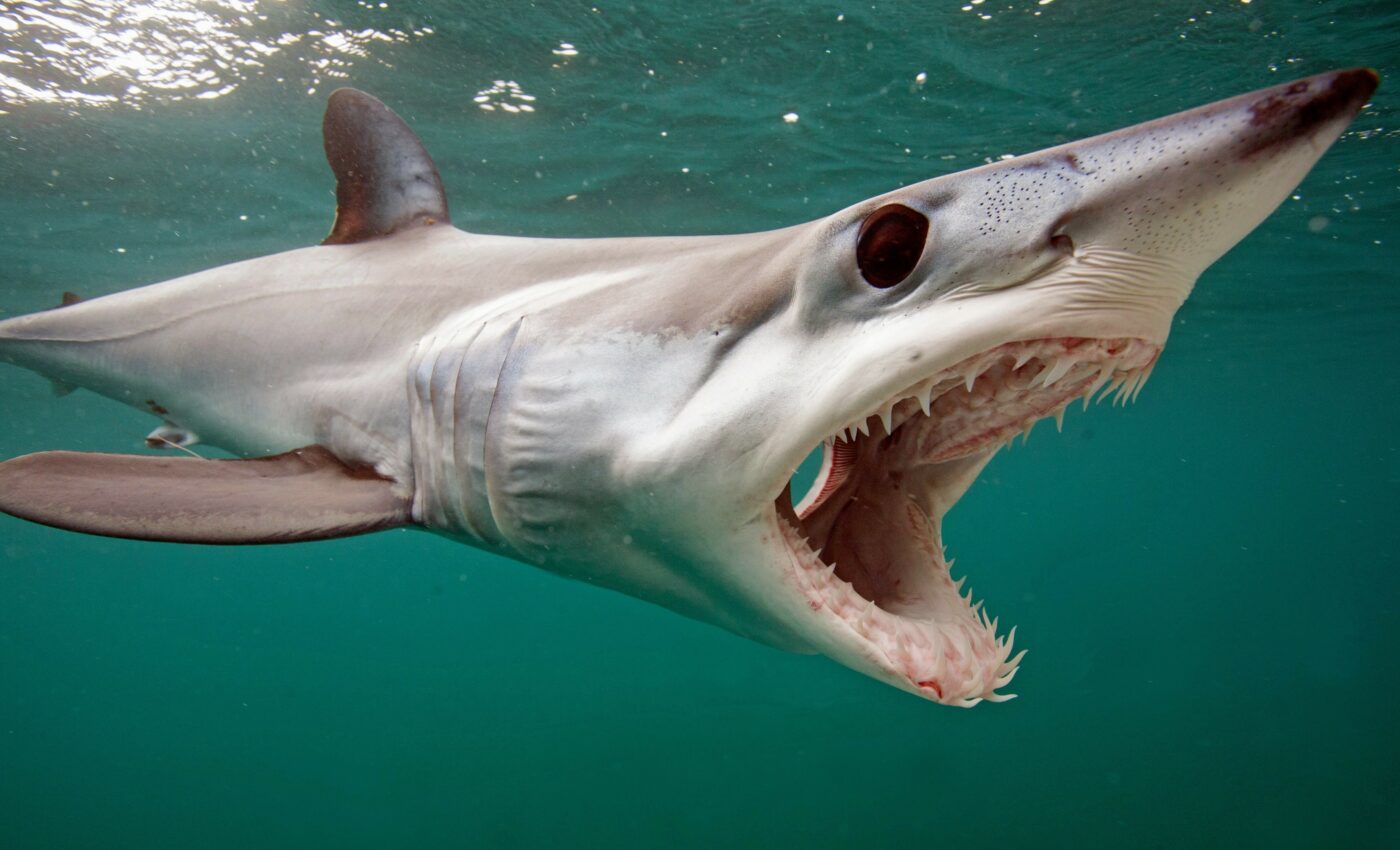
Genetic analyses help shark conservation efforts
A team of researchers led by Cornell University and Save Our Seas Foundation has recently sequenced the entire genomes of two species of endangered sharks – the great hammerheads and the shortfin mako. The experts discovered that while low genetic diversity and signs of inbreeding ring alarm bells for the former, there may still be hope for the latter, which showed higher genetic diversity and limited interbreeding.
“With their whole genomes deciphered at high resolution we have a much better window into the evolutionary history of these endangered species,” said study senior author Mahmood Shivji, an expert in Conservation Biology at Save Our Seas.
“Technical advances in the study of genomes mean that DNA sequencing approaches are much more powerful and efficient now,” added lead author Michael Stanhope, a professor of Public and Ecosystem Health at Cornell. “We can apply these new technologies to gain insights about the organism, information that we hope can be leveraged to protect sharks and rays.”
By sequencing to chromosome level the genomes of great hammerhead and shortfin mako sharks, the scientists discovered that their populations have declined substantially over the past 250,000 years. Moreover, the DNA analysis revealed that great hammerheads have low genetic variety, which makes them less resilient to adapting to the rapidly changing world in which they live. In addition, this species also showed significant signs of interbreeding, a feature that can lower the ability of their populations to survive. By contrast, the shortfin mako shark exhibited higher genetic diversity and limited interbreeding, which could make them less threatened by environmental changes.
However, as revolutionary and effective as it is, genetic sequencing performed in order to improve conservation efforts poses its own problems. “Genetics has advanced such that chromosomal level genomes are the expectation for a reference quality genome for species. However, conservation research presents its own challenges to achieving this consistently and at the resolution expected in other fields,” Shivji explained.
“Obtaining tissue samples from endangered marine vertebrates is a major hurdle. You can assemble the genome with a single tissue sample from a single shark, but the ideal circumstance would be to sequence genomes from multiple individuals from different parts of their ocean range, an ethically difficult and costly endeavor.”
Thus, conservation geneticists should balance the latest technological advances with respect for the vulnerable populations that they study. Nonetheless, as new possibilities arise, insights into the genetic blueprint of sharks will help strengthen our understanding of these ecologically important species and help conserving their fragile populations.
The study is published in the journal iScience.
—
By Andrei Ionescu, Earth.com Staff Writer
Check us out on EarthSnap, a free app brought to you by Eric Ralls and Earth.com.













